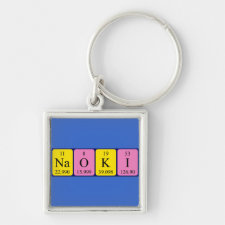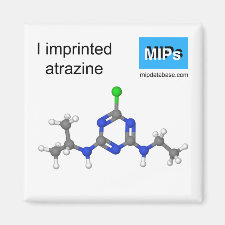
Authors: Matsui J, Goji S, Murashima T, Miyoshi D, Komai S, Shigeyasu A, Kushida T, Miyazawa T, Yamada T, Tamaki K, Sugimoto N
Article Title: Molecular Imprinting under Molecular Crowding Conditions: An Aid to the Synthesis of a High-Capacity Polymeric Sorbent for Triazine Herbicides.
Publication date: 2007
Journal: Analytical Chemistry
Volume: 79
Issue: (4)
Page numbers: 1749-1757.
DOI: 10.1021/ac060441m
Abstract: Abstract: Molecular crowding, an important feature of the molecular environments in biological cells, was applied to the synthesis of antibody-mimic polymers selective for a group of biologically active compounds, the triazine herbicides. Synthesis of these polymers was conducted using molecular imprinting under molecular crowding conditions, whereby atrazine (a template molecule) was complexed with methacrylic acid (a functional monomer) in the presence of a macromolecular crowding agent (either poly(methyl methacrylate) (PMMA) or polystyrene (PS)) followed by cross-linking with ethylene glycol dimethacrylate. After removal of atrazine from the polymer matrix, the retention properties and selectivity of the resultant polymers were assessed by chromatographic tests. The addition of a crowding-inducing agent resulted in polymers with superior retention properties and excellent selectivity for triazine herbicides, as compared to polymers prepared without addition of a crowding-inducing agent. An imprinted polymer prepared in the presence of PS as a crowding agent exhibited a retention factor for atrazine an order of magnitude larger than that of an imprinted polymer prepared in the absence of a crowding agent. NMR results suggest that the crowding agent is capable of promoting hydrogen bond formation between atrazine and methacrylic acid, which could account for the effect of crowding on molecular imprinting
Template and target information: atrazine



Join the Society for Molecular Imprinting

New items RSS feed
Sign-up for e-mail updates:
Choose between receiving an occasional newsletter or more frequent e-mail alerts.
Click here to go to the sign-up page.
Is your name elemental or peptidic? Enter your name and find out by clicking either of the buttons below!
Other products you may like:
 MIPdatabase
MIPdatabase









